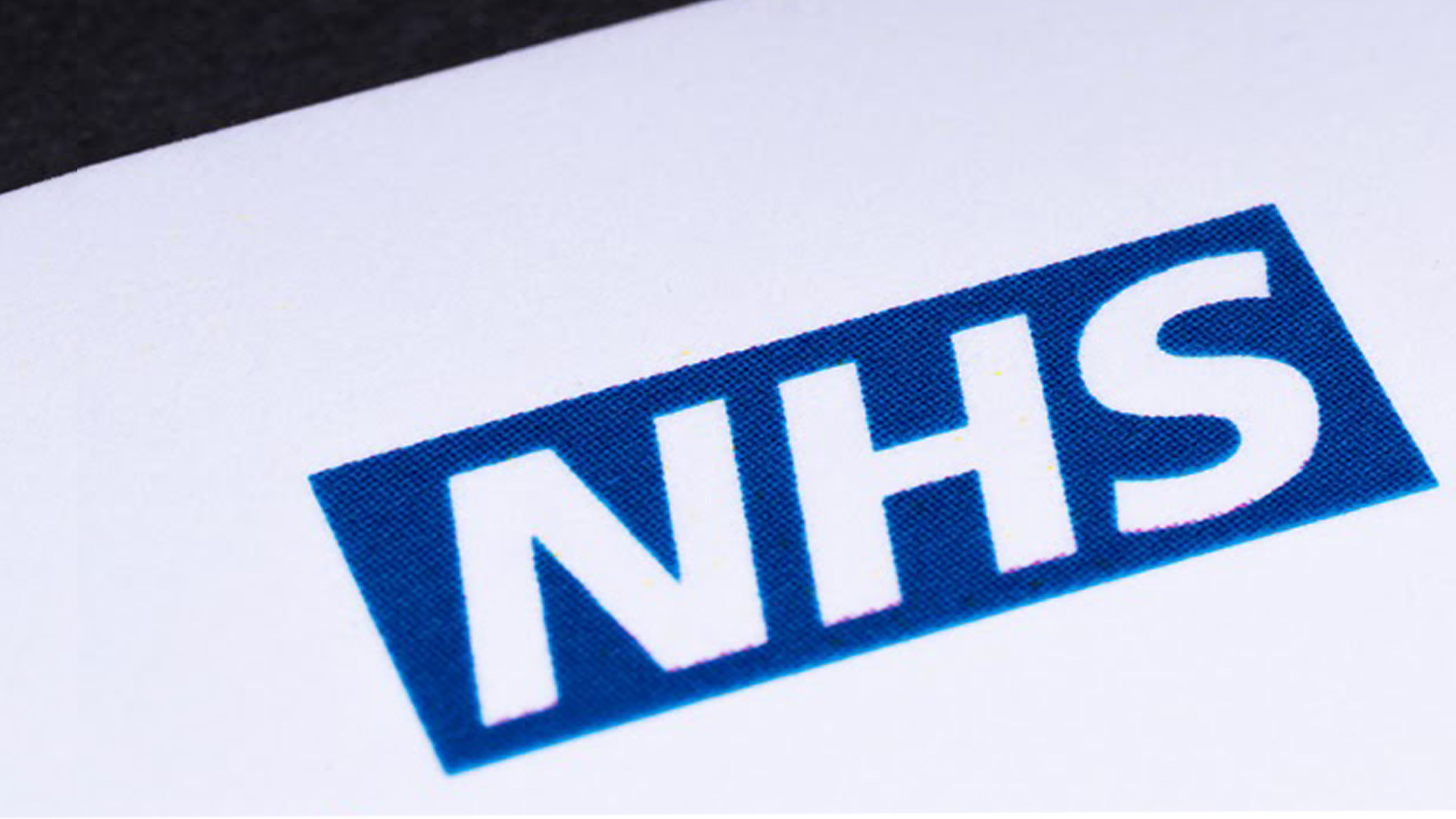
NHS 10-year plan: May promises 'world class' treatment

Peter Bradshaw
Emeritus Professor of Health Policy
Here, he comments on the delivery of the long-awaited 10-year plan for the NHS and gives an insight into what Prime Minister, Theresa May, has in store for our much loved National Health Service, which he says despite its critics, is actually the most cost efficient out of all its international comparators. He concludes by saying the real challenge now lies with the Ministers for they must see that their outlay is spent wisely.
“The long-promised NHS 10 Year Plan has finally seen the light of day with the Prime Minister heralding its launch and promising patients access to "world class" care (Triggle, 2019a).
Much-needed investment
There is indeed a good deal about which to boast because the NHS is being offered £20 billion of new money over the next five years – the equivalent to growth of 3.5% per annum for a service accustomed to a 2% average since 2010. The more suspicious of us might argue that this is only matching the historic average investment necessary for the NHS to stand still but it is still generous by any balanced estimate.
The objectives set for the use of the money are ambitious and include:
- 24-hour access to mental health crisis care via the NHS 111 service and more mental health services in schools
- Digital access to health services, including online GP booking
- One stop, early diagnostic services for cancer using enhanced technology
- Better pre-symptomatic detection of risk for stroke and heart attack
- Greater investment in GP and community care services to move care closer to home so patients can avoid admission or be discharged quickly from hospital
- DNA testing for children with cancer and those with rare genetic disorders to help select the best treatment
- Healthy living and disease prevention programmes
Is preventing disease the solution?
Health Secretary Mr Hancock sustains a mantra that disease prevention is the answer to NHS shortcomings by advocating healthier life styles and claiming this, 'could save 500,000 lives' (Triggle, 2019b) Yet this 'prevention versus cure' argument is not an either or phenomenon. Yes, it would be wonderful if we were all to live as Trappist Monks. But Mr Hancock’s thesis neglects firstly, we are all born risk takers. Secondly, we are genetically programmed to wear out and thirdly, health promotion only appeals to the worried well and does not reach those who most in need of its doctrines.
Hence Hospital Consultants, the major spending agents of the NHS are peeved that acute hospitals are barely mentioned in the proposals. For while a GP led service has been a Ministerial pipe dream for years, acute specialists see their beds disappearing and argue that prevention is not measurable, Tracksuits should carry a Government Health Warning and anyone who opts to eat low-fat margarine, just deserves to live forever!
The NHS 10 Year Plan nevertheless, offers a great deal of opportunity and the challenge now for Ministers is to see that their outlay is spent wisely. For despite its critics, the NHS is more cost efficient than all its international comparators – its administrative overhead is 2% of the total budget – Germany spends 5%, France 6% and US 24%. Its productivity also excels and is reflected in the growing volume of patients treated each year.
The difficult test ahead therefore, is how to further improve throughput and how to secure greater accountability from local NHS managers and clinicians for the new cash they are given?”
References:
- Triggle N (2019a) May promises 'world class' treatment, BBC, 6 January 2019
- DoH&SC (2019) Planning for the next 10 years of the NHS Department of Health and Social Care, January 2019
- Triggle N (2019b) NHS long-term plan: Focus on prevention 'could save 500,000 lives' BBC, 7 January 2019
Related blogs
NHS
Browse all our blogs related to NHS.
Health
Browse all our blogs related to Health.
Nursing
Browse all our blogs related to Nursing.
Politics
Browse all our blogs related to Politics.
Society
Browse all our blogs related to Society.